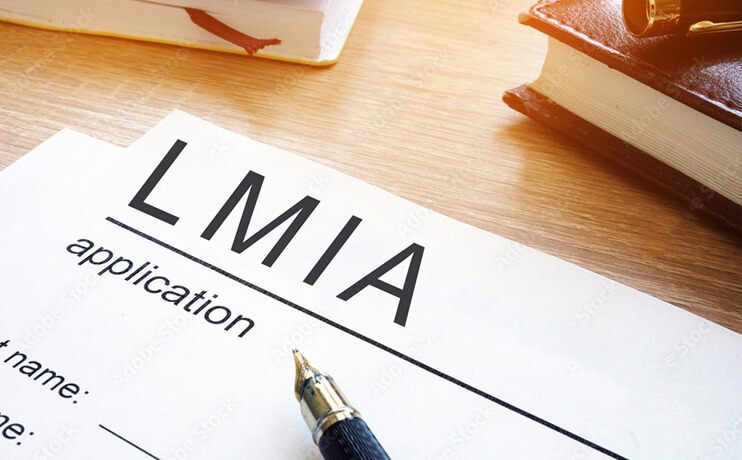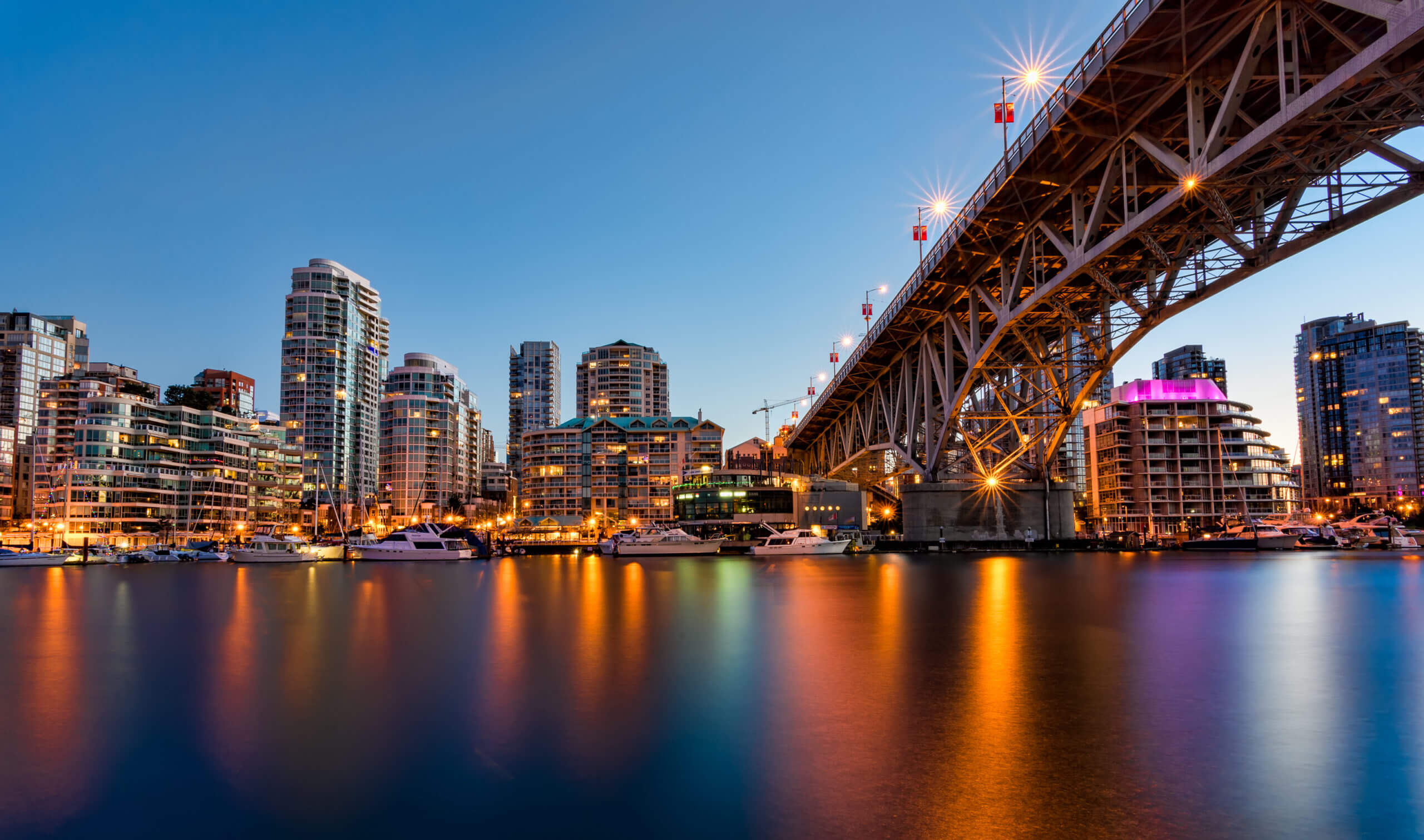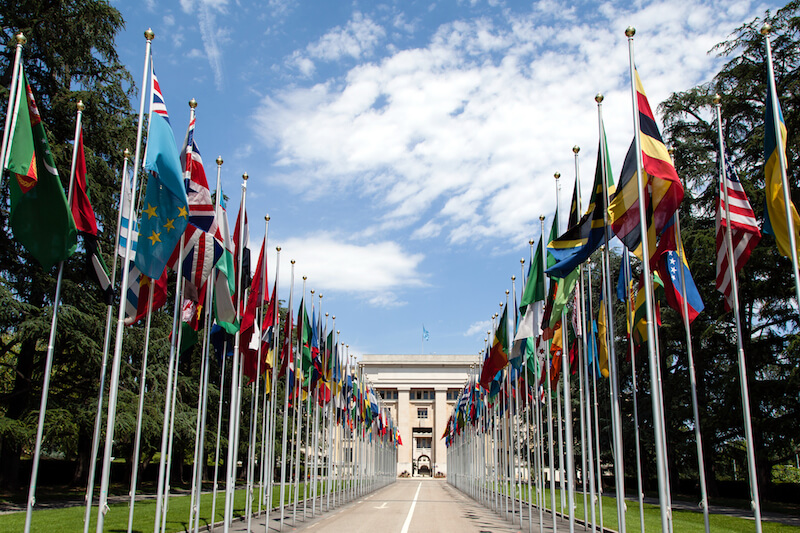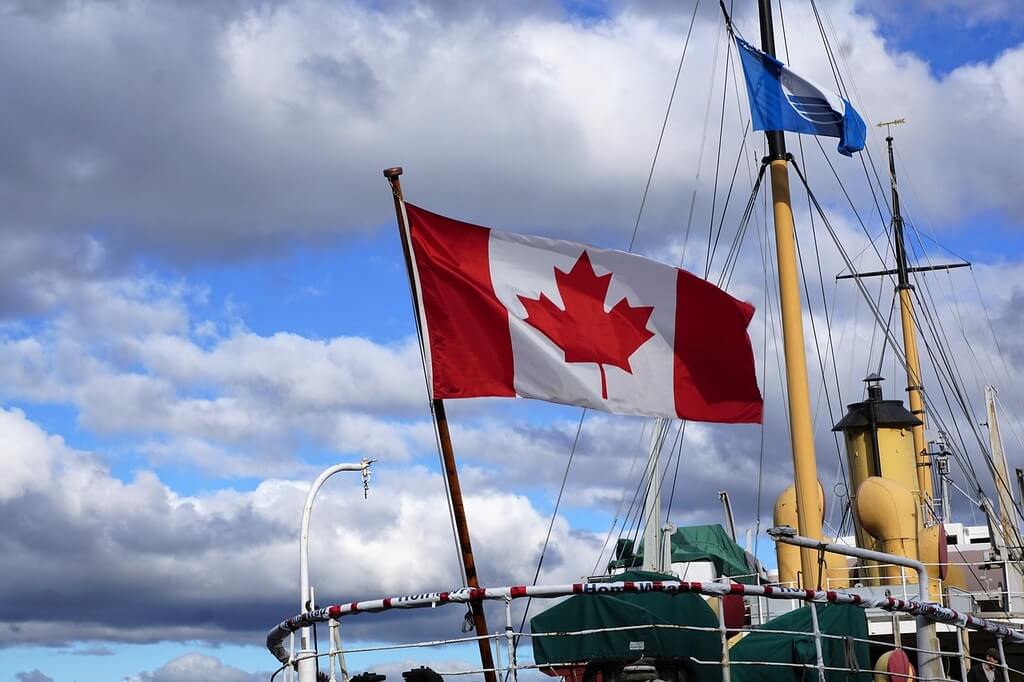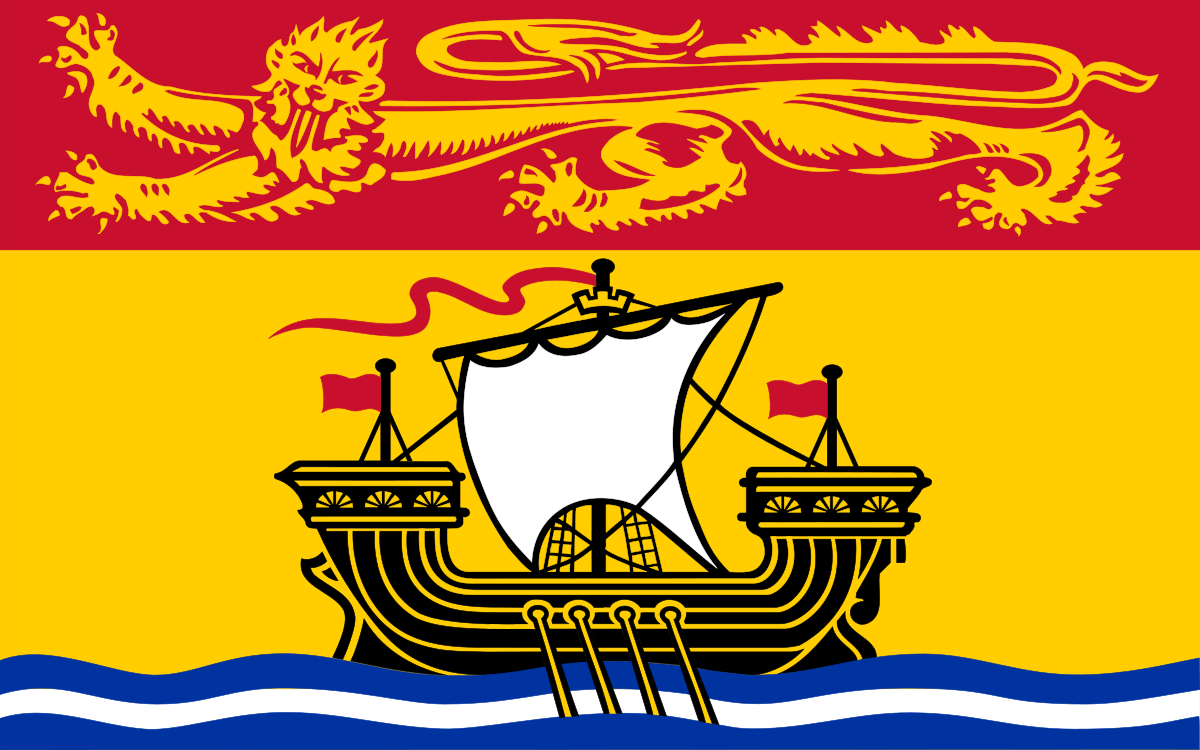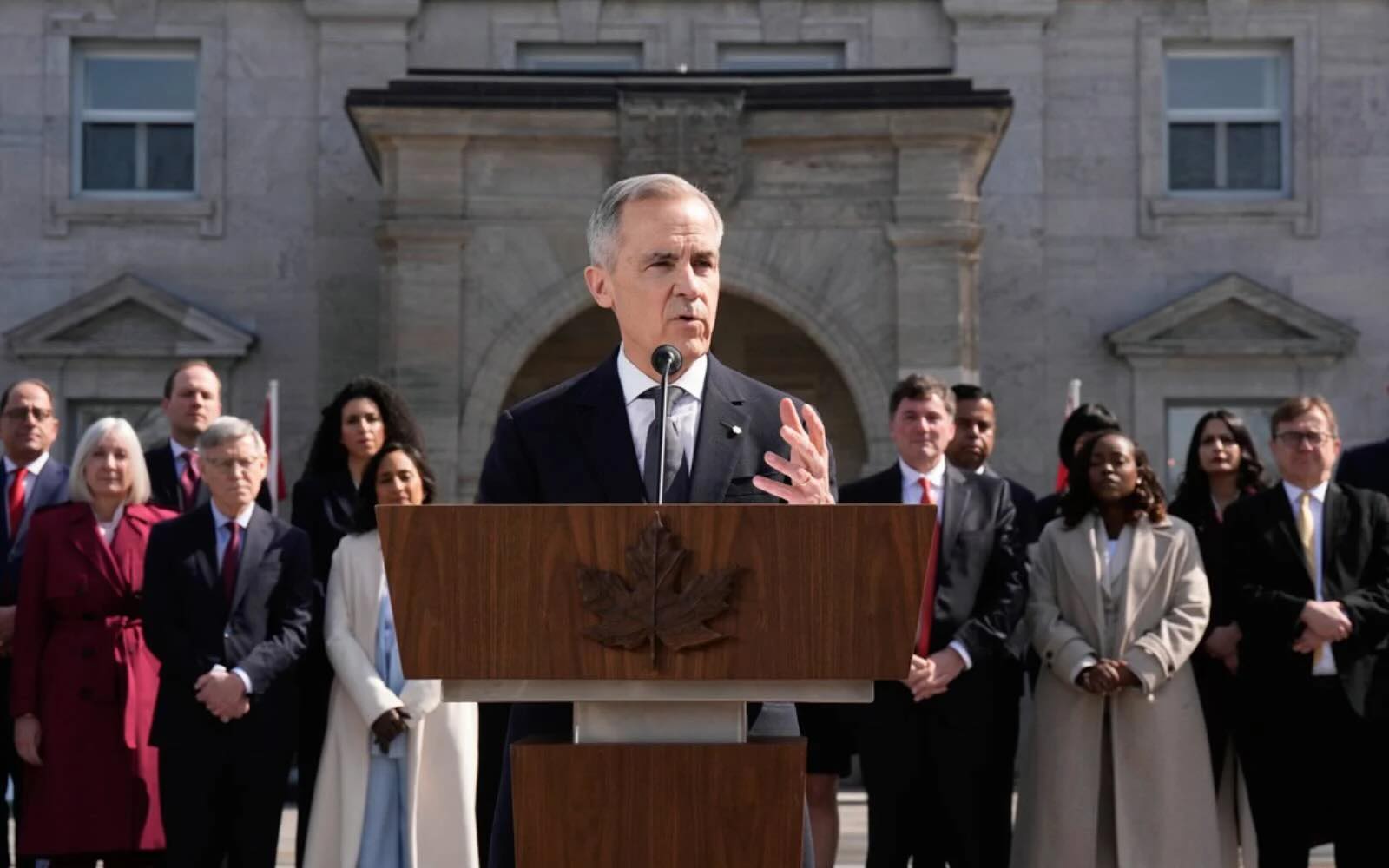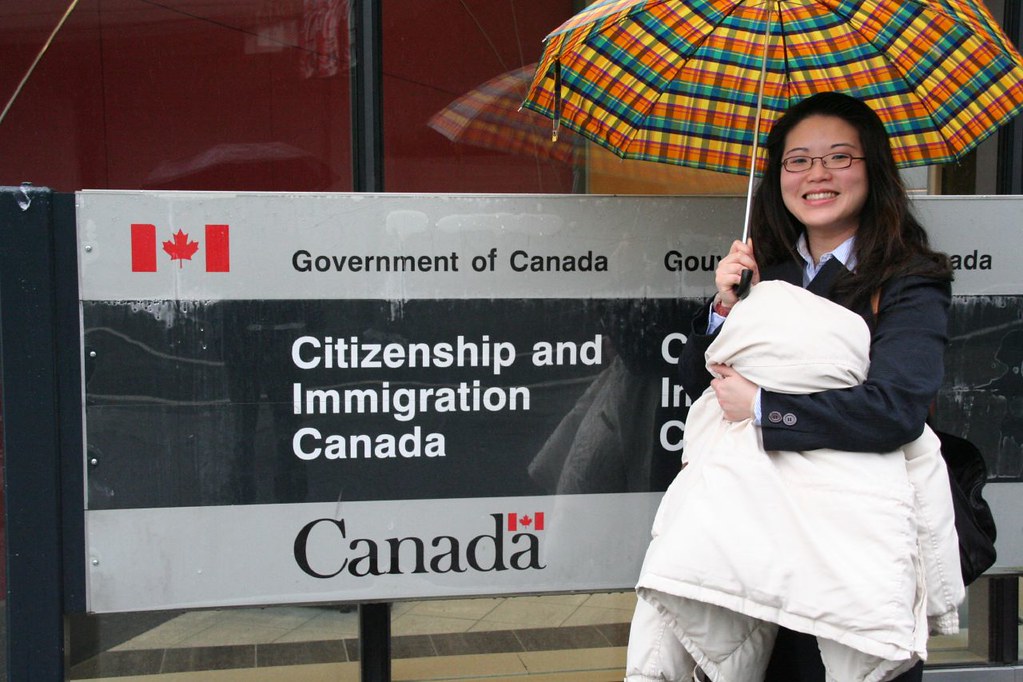The Canadian federal government has made a significant adjustment to its family reunification immigration policy. According to Ministerial Instructions published in the Canada Gazette on March 22, 2025, the federal government has decided to raise the processing cap for the Parents and Grandparents Program (PGP) to 25,000 applications for the year 2025.
It is understood that these 25,000 applications to be processed will comprise two parts: one portion will come from applications submitted in response to the 2024 intake, while the other will originate from the new intake planned to open in 2025.
This move marks a major shift in the federal government's policy direction. Just this January, the government had announced that no new PGP applications would be accepted in 2025 and planned to process a maximum of only 15,000 applications, specifying that these would all come from the 2024 intake pool. However, by March 7, the government's stance softened, announcing it would indeed issue invitations in 2025, though no revised cap was provided at that time. The latest announcement of a 25,000-application processing cap undoubtedly brings positive news to families awaiting reunion with their parents and grandparents in Canada.
A key piece of information for the many eagerly waiting sponsors is that Canadian citizens and permanent residents who submitted an "interest to sponsor" form during the 2020 PGP opening, but have not yet received an Invitation to Apply (ITA), will have a chance to receive one when the program reopens for invitations this year.
The Parents and Grandparents Program (PGP) is one of Canada's important family class immigration pathways, designed to help Canadian citizens and permanent residents bring their parents or grandparents to live with them in Canada, ultimately obtaining Canadian permanent residence. Due to demand far exceeding available spots, Immigration, Refugees and Citizenship Canada (IRCC) has previously used a lottery system to select sponsors. Notably, since a full intake for expressions of interest was held in 2020, all subsequent invitations to apply have been issued to candidates from that pool.
Besides the PGP, the Canadian government also offers the "Super Visa" as another option for parents and grandparents wishing to visit Canada for extended periods. Eligible Canadian citizens, permanent residents, and individuals registered under the Indian Act can sponsor their parents or grandparents to apply for a Super Visa, enabling long-term visits.
The Super Visa is valid for up to 10 years, allows multiple entries, and permits holders to stay in Canada for up to five years at a time upon initial entry, with the possibility of applying for extensions of up to two years. It must be emphasized that Super Visa holders gain visitor status, not permanent resident status, and are required to purchase private health insurance for the duration of their stay in Canada. In contrast, a standard Canadian visitor visa typically allows stays of only up to six months at a time.
This increase in the PGP quota reflects the Canadian government's latest effort to balance the management needs of the immigration system with the humanitarian goal of facilitating family reunification.
